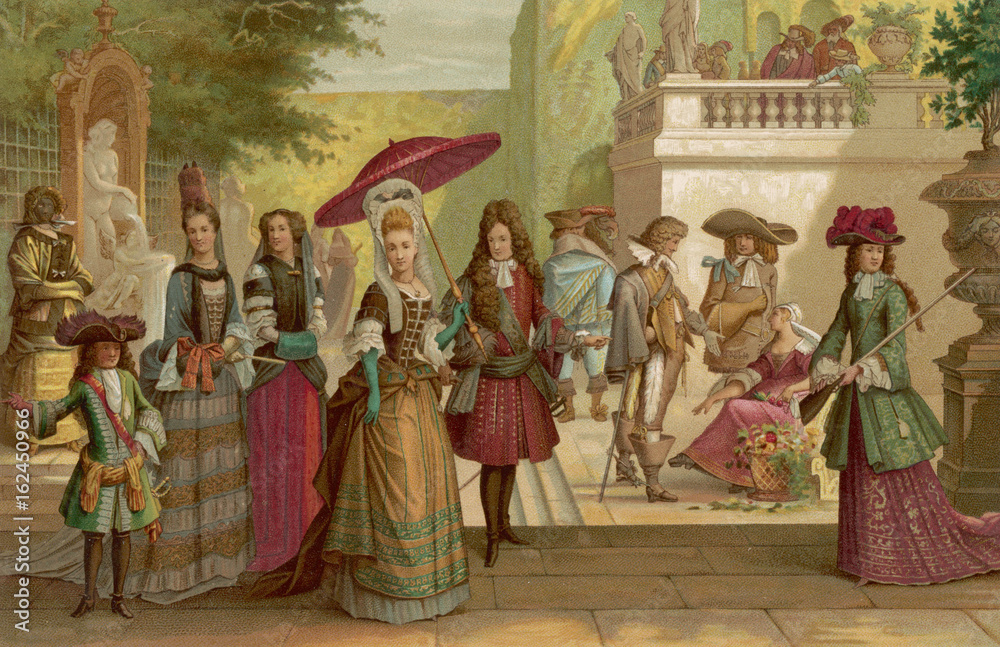Navigating the 17th Century: A Century of Power, Conflict, and Expansion
The 17th century, spanning from 1601 to 1700, stands out as a pivotal era in world history marked by dramatic shifts in power dynamics across continents. This blog post explores the key political, economic, and social developments of the century, focusing on the rise of absolutism, the expansion of empires, and the technological advancements that reshaped the global landscape.
The Rise of Absolutism in Europe
Key Figures and Characteristics
- Absolutism became the hallmark of European governance during the 17th century, with monarchs such as Louis XIV of France embodying the epitome of centralized authority. These rulers consolidated power, minimized the role of nobles, and controlled state mechanisms directly, asserting their rule as divinely ordained.
Impact on Society and Governance
- The absolutist states fortified their territories with extensive bureaucracies and standing armies, which were crucial for maintaining control over vast expanses and suppressing internal dissent. The era saw the strengthening of the state apparatus at the expense of feudal structures.
Expansion of Land-Based and Maritime Empires
Land-Based Empires
- Significant players such as the Ottoman, Mughal, and Qing empires expanded their territories significantly during this century. Their expansion facilitated greater political centralization and integration of diverse regions into a cohesive administrative framework.
Maritime Empires
- In contrast, maritime powers like Spain, Portugal, and the Netherlands focused on overseas exploration and colonization. These empires built their wealth by establishing colonies across the Americas, Africa, and Asia, exploiting these lands for raw materials and establishing lucrative trade routes.
Conflicts and Rivalries: Shaping the Political Landscape
Major Conflicts
- The century was rife with conflicts, with the Thirty Years’ War (1618-1648) being particularly devastating in Europe. This war involved multiple European powers and was driven by a complex interplay of religious, political, and territorial disputes.
Impact of Rivalries
- The rivalries between land-based and maritime powers often led to wars that had far-reaching consequences on global trade and geopolitics, influencing the political boundaries and economic futures of many nations.
Technological Advancements in Navigation and Shipbuilding
- The 17th century witnessed significant innovations in navigation and shipbuilding, spurred by the needs of maritime empires to expand their reach and control over global trade routes. These advancements made ships faster, more durable, and capable of carrying larger cargoes, thus facilitating the age of exploration and colonization.
Conclusion: A Century of Transformative Change
The 17th century was a period of profound change that set the stage for modern history. From the consolidation of absolute monarchies to the expansion of global empires and the escalation of major conflicts, the century reshaped the social, political, and economic landscapes of the world in enduring ways.
Related Terms
- Absolutism: A form of monarchy in which the monarch holds supreme autocratic authority.
- Mercantilism: An economic theory that trade generates wealth and is stimulated by the accumulation of profitable balances.
- Colonialism: The policy of acquiring full or partial political control over another country, occupying it with settlers, and exploiting it economically.







